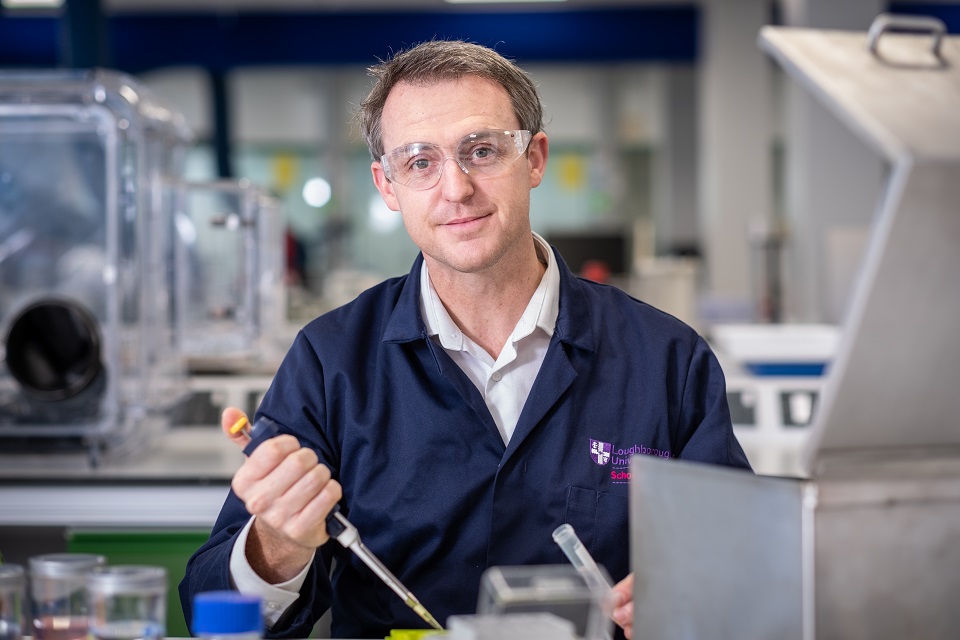The team’s unique device, which uses a technique known as resistive pulse sensing, is being launched as a University spin out for use within the soft drinks industry to test for contaminants.
Now the researchers are investigating its capability to provide both coronavirus pre-screening – with results shown in less than five minutes – and a Covid-19 diagnosis – with results shown in less than 20 minutes – by counting and identifying viral particles in a small saliva sample.
Although vaccines are now in the pipeline, rapid testing for Covid-19 will remain crucial for many months to come.
The team have already been able validate their technology against lab developed mimics of the virus particles. This proved the technology was able to count small particles at the limits needed to monitor saliva for Covid-19, and preliminary data for the test to confirm the presence of sars-cov-2 mimic viral particles.
To the use the testing device – which is about the size of a laptop and has the potential to be a handheld device – the person being screened would go through a two-stage process:
Stage One - Monitoring
Studies show that people infected with coronavirus have an elevated number of viral particles in their saliva, even if other symptoms do not develop. Loughborough’s testing unit uses resistive pulse sensing to count viral particles directly from a saliva sample. The number of particles detected could be displayed on the machine in less than 5 minutes. If the number of particles is shown to be in the normal range, the individual is cleared to proceed (e.g. enter a care home, travel). If the number is high, they may be carrying coronavirus and they would then use the same testing unit for the second test, which could offer a rapid diagnosis of Covid-19.
Stage Two - Covid-19 assay
From the same saliva sample, the unit uses the resistive pulse sensing technology again, this time to identify the nature of the virus. A positive or negative result for coronavirus could be shown on the device in less than 20 minutes.
Rhush Maugi, a Chemistry graduate and early-career researcher at Loughborough, is one of the lead developers of the technology. Whilst the Loughborough team try to secure further funding, he is working with a company in Italy – Elements SRL – on a project funded by the Italian government to create specific sensors for Covid-19.
In partnership with Loughborough’s Dr Mark Platt, Rhush is also aiming to translate their innovative diagnostic research for commercial use in the soft drinks industry through a University spin-out, Figura Analytics.
Speaking about the future of the testing device, Rhush said: “The technology developed at Loughborough has many applications, and the detection of Sars-Cov-2 is one immediate way we can help and demonstrate the power of the platform technology. And we already have NHS partners lined up ready to collaborate on this area of work, we just need to secure further funding.
“The team is also exploring the many other applications for this tech, from healthcare, food and drink and environmental monitoring, with a growing list of partners from around the world.”
Dr Platt added: “If this existing technology can be adapted for Covid screening, it could play a crucial part in opening up transport hubs, enabling safe access to family in care homes and help kick start the events industry.”
For further information about the technology and its applications click here.








